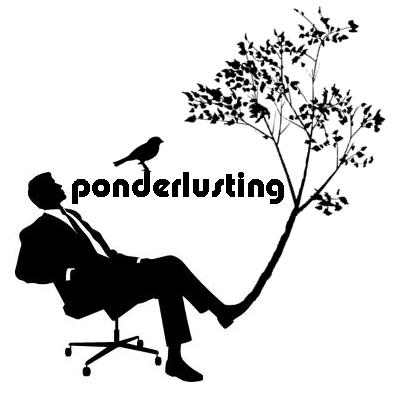One of the perennial benefits of grappling with tricky philosophical texts is the free vocab lesson that comes as part of the process. While trying to get my head around Theodor Adorno’s own personal blend of discursive and rambling philosophy this free lesson was particularly fruitful: not only his writings, but also those of his critics, threw up numerous linguistic gems. Out of all the words that had me reaching for the dictionary there was one that stood out, namely ‘dislocuta’.
In the opening passage of an essay discussing Adorno’s attitude to life after the Holocaust I stumbled on this pithy summary, “Adorno’s comments on the impossibility of poetry after Auschwitz typify the intellectual dislocuta prevalent in post-war Europe.” In a slightly condescending, but ultimately necessary, footnote the author defined the term as, “The anxiety brought about by the restrictive nature of language, and by extension, that brought about by the restrictive nature of any system of meaning.” Adorno recognised the fact that anything he said or wrote relied for its meaning on a linguistic system that was defined historically by those who lived and spoke before the horror of the Holocaust.
It might seem overblown, but this definition immediately made me think of the Occupy protests. Not because any tangible parallel with the Holocaust can be made in our contemporary predicament, but because one of the criticisms brought against the movement again and again is its inability to put into words exactly what it stands for. However, in the definition above we can start to understand the debilitating position of the protesters: the reason that they cannot simply state their aims is that any statement that they give can only be framed in the discourse of a contemporary capitalist society. The only language that is open to them is that of the law and of institutional change. To put forward a solution in these terms would therefore be contradicting their own purpose, which is to change the very system itself. ‘Dislocuta’ does not simply refer to the distress of someone who cannot express themselves, but very precisely, the distress of the individual who cannot put their thoughts into language due to the boundaries of the system of meaning in which they necessarily take part.
Interestingly the fact that a new understanding of the protesters’ predicament can come about simply by learning the meaning of a word serves both to exemplify the situation and to offer an answer to the deadlock. The power that language has over us to frame our thought can be restricting (as experienced by the protesters) and liberating (as experienced by me as I expand my vocabulary). If the protesters wish to have a lasting impact by somehow altering our current economic/social/governmental system they must do so by creating a new framework for meaning. Asking the difficult questions will not be enough, they must also create the language that is needed to answer them.

Arguably the larger problem seems to be the necessity for it all to be in language at all; spoken about rather than done.
ReplyDeleteThe difficult questions are one thing, the appropriate action another. (not, of course, that this comment is itself anything other than joining this world of words!)
Words may not be answers, but they may be comforts.
ReplyDeleteWe may be on a road to nowhere,
but we still need blankets for the ride.